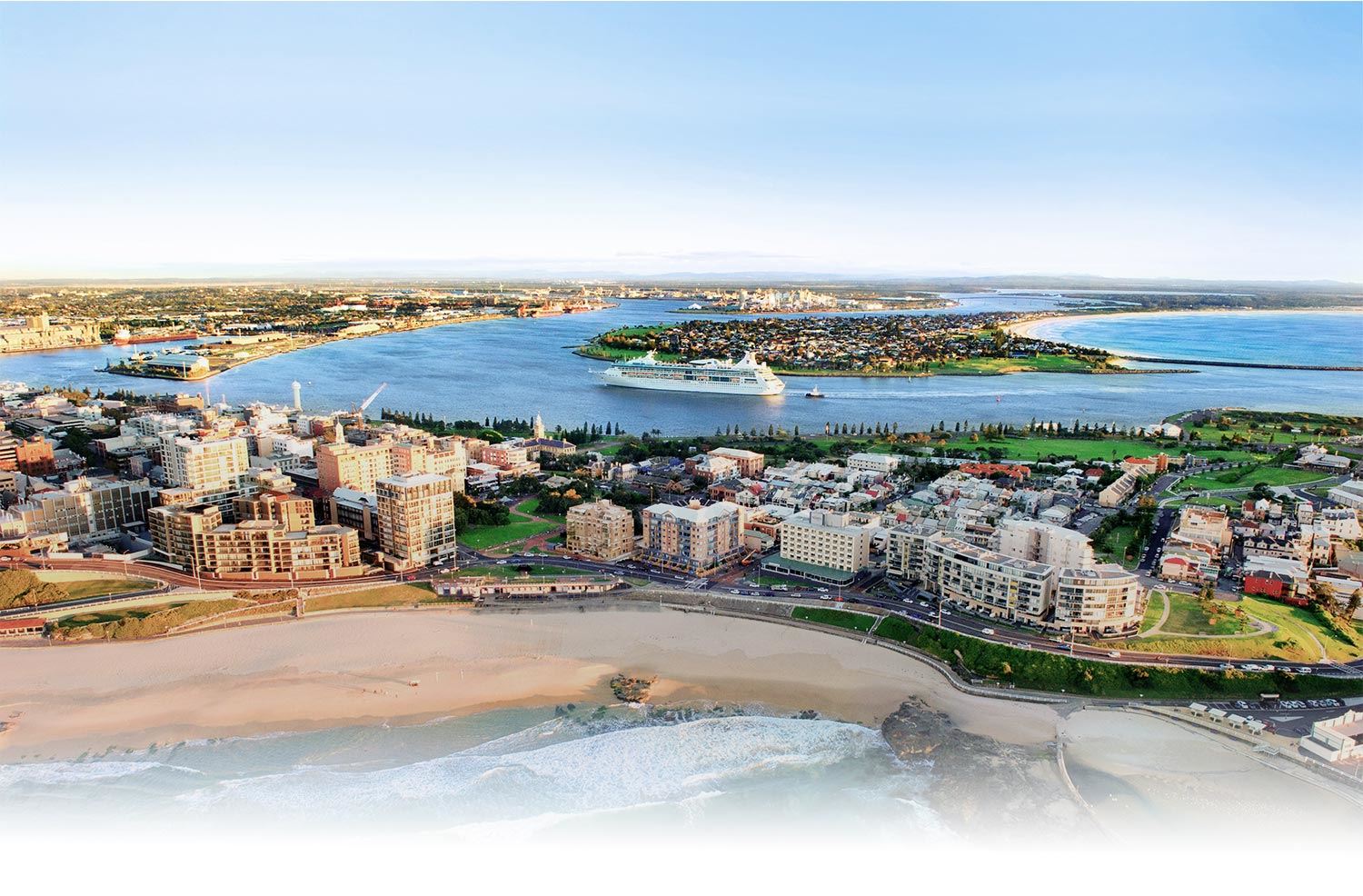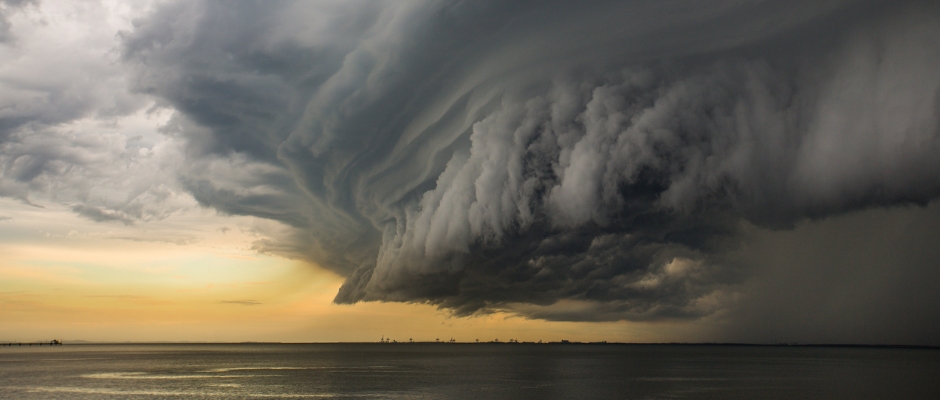
During an Emergency

The most important thing you can do in an emergency is to stay informed and follow the advice being provided by emergency services.
Every emergency is different, but there are some general pieces of advice you can follow:
- If people are injured or there is a threat to life, ring 000
- Do not put yourself or others in danger
- Follow the advice of emergency services
- Try to remain calm and think before taking action
- Remember to help yourself before attempting to help others.
What to do during an emergency
Stay up-to-date on the details of the emergency and latest advice from emergency services. Find out which Emergency Contacts to look to for updates.
You may also receive an emergency alert on your landline or mobile phone from emergency services.
Stay in touch with friends and family - let them know where you are and what your plan is.
- Follow advice from emergency services
- Do not walk or drive through flood water - find out more
- During heatwaves, stay hydrated and look out for friends, family and neighbours, particularly if they are elderly - find out more
- During a bush fire, know your neighbourhood safer places
- During a storm, keep an eye on the Bureau of Meteorology and listen to radio
During an emergency, it's important to understand your risk.
Ensure communication methods are accessible so you can listen for warning signals and evacuation plans.
When deciding to stay or evacuate – you need to follow any emergency warnings and do not leave evacuation to the last minute.
You may receive evacuation warnings or orders:
- From Police or emergency workers
- Through media outlets or emergency services websites
- Through a government issued alert to your phone via phone call or text.
As part of your emergency plan, you should know where you intend to go in the event of an emergency.
This might be:
- A family or friend's house if it is safe.
- An evacuation centre, if advised so by emergency services.
- A neighbourhood Safer Place.
You should always prioritise and listen to the advice of emergency services in the event of an evacuation.
How does City of Newcastle support the response to a significant incident or emergency in our city?
City of Newcastle plays an important role supporting emergency services or other agencies during a significant incident or emergency in our city.
The most relevant emergency services or other agency will act as the lead, directing and coordinating the actions undertaken by the City of Newcastle and other supporting agencies.
Support through the Newcastle Emergency Operations Centre
When an incident or emergency occurs, the Local Emergency Operations Controller (LEOCON), usually a senior member of NSW Police, can activate the Newcastle Emergency Operations Centre (EOC). Once activated, City of Newcastle provides resources to support the EOC and LEOCON including:
- An operations centre located at 12 Stewart Ave designed to support multi-agency coordination with:
- Live-streaming and display screens
- Meeting and break out spaces
- Backup power via diesel generators.
- Staffing support, including:
- A Local Emergency Management Officer (LEMO) to assist with coordination.
- Operational, administration or logistics support as required.
Helping to share information to the community
City of Newcastle serves as an information conduit, to help keep the community informed by:
- Sharing relevant emergency management information from the LEOCON and lead agency such as via our website or social media channels, or supporting community information sessions
- Sharing updates, warnings, and alerts from emergency services on our social media channels.
We are committed to supporting emergency services in responding to incidents and emergencies to help protect our community.










